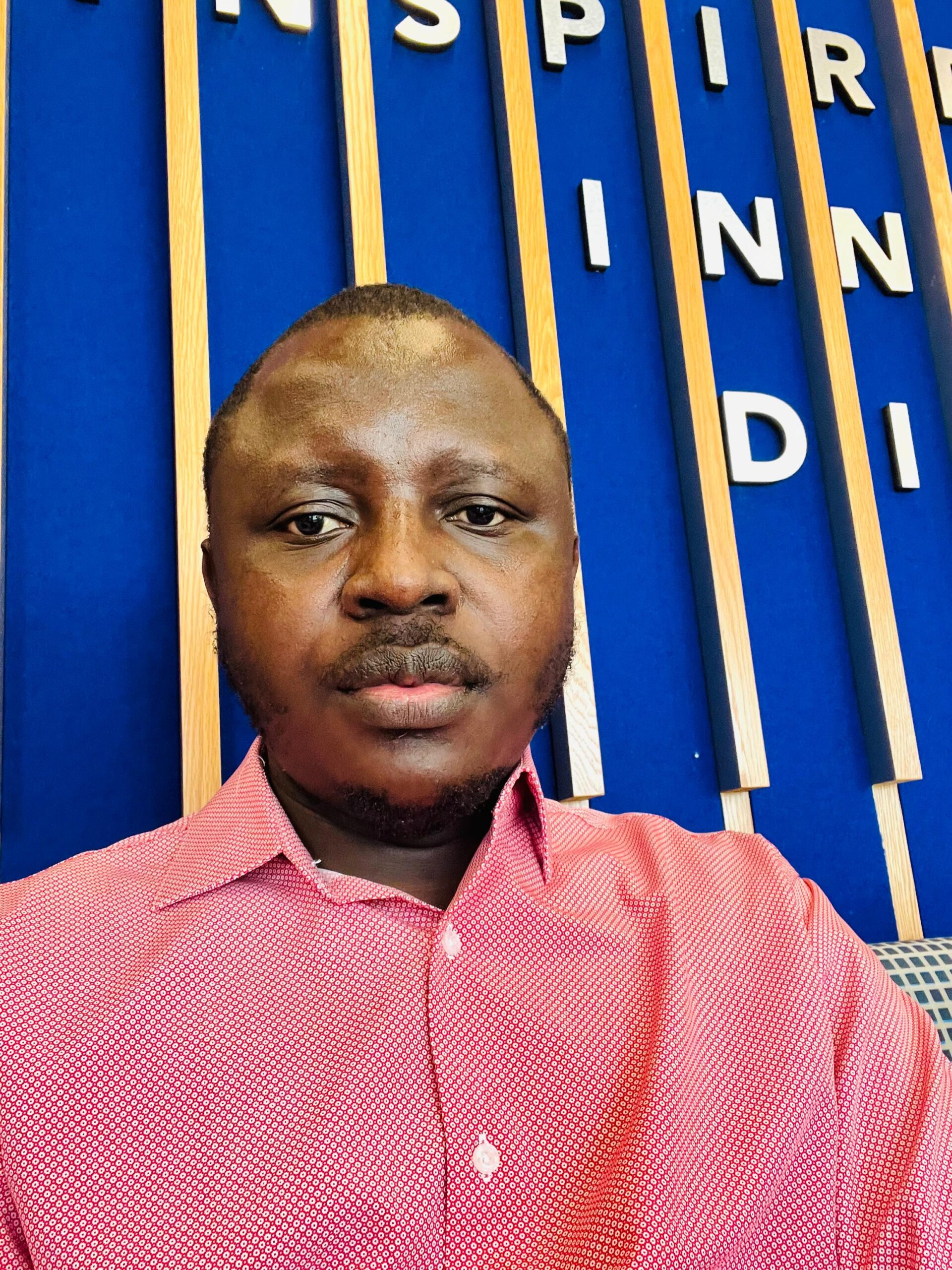By Isiaka Qudus
In 2017, Habeeb Abolaji Bashir graduated with First Class Honours in Statistics from Usmanu Danfodiyo University, Sokoto (UDUS). Today, he is a Ph.D. candidate in Statistics and Data Science at the University of Kentucky, Lexington, USA –a remarkable journey that reflects academic brilliance, global recognition, and a determination to use data for solving some of the world’s most pressing healthcare challenges.
Navigating through statistics is beyond mere number but a lasting solution to improve the human lives.
In his words:“Statistics is not just about numbers. It is about turning information into knowledge and solutions that improve human lives.”
UDUS the Home of Scholars— Graduated with impressive CGPA of 2%
Habeeb’s academic path is a testament to discipline and exceptional achievement. After excelling at UDUS with a First-Class degree, he earned a fully funded Master’s degree in Statistics and Data Science at the University of Texas at El Paso (UTEP), where he graduated with an impressive CGPA and top 2% in his cohort . His outstanding performance secured him another fully funded scholarship and fellowship for his Ph.D. at the University of Kentucky, where he continues to push the boundaries of research in statistics and data science.
Habeeb research groundwork in health care started in Usmanu Danfodiyo University, where he worked on “Prevalence and Factors Associated with Syphilis: A case study of Study of Sir Yahaya Memorial Hospital. Currently” , his research has focused on integrating artificial intelligence (AI) and machine learning with advanced statistical models to improve healthcare analytics, particularly in the management of diabetes mellitus. One of the central challenges in modern healthcare is algorithmic bias , where predictive models unintentionally favor or disadvantage certain patient groups due to missing or misrepresented variables. Such bias can lead to unequal treatment decisions and deepen disparities in healthcare outcomes.
Habeeb has pioneered methods that build flexible statistical models capable of reducing bias while enhancing predictive accuracy. His work advances traditional approaches, such as recursive partitioning trees and single index models, by improving models that are both robust and fair. These innovations ensure that treatment effect estimates are not only precise but also equitable across diverse patient populations.
“Bias in healthcare data is not just a technical flaw , it can determine whether a patient receives the right treatment,” he emphasizes.
“My goal is to make predictive models trustworthy, impartial, and beneficial for everyone,”he added.
His contributions have been recognized both academically and professionally. His publication, Flexible Models for the Estimation of Treatment Effect, has attracted readership and engagement within the research community, underscoring its relevance and influence. His growing recognition was further solidified by the competitive awards of fully funded scholarships at both the Master’s and Ph.D. levels, reflecting international acknowledgment of his potential and achievements.
The impact of his work goes beyond academia. By addressing algorithmic bias in healthcare analytics, his research supports global priorities for equity, precision, and efficiency in healthcare delivery. His models hold promise for improving treatment outcomes, informing health policy, and shaping a more inclusive future in healthcare analytics.
Looking ahead, Habeeb’s long-term ambition is to extend the reach of his expertise beyond academic research. He envisions applying advanced statistical and data science methods to real-world challenges, creating solutions that improve decision-making in healthcare, policy, and development across diverse settings.
UDUS Resonates on Global Stage— says Habeeb
For Usmanu Danfodiyo University, his journey is a source of pride- proof that excellence nurtured in Sokoto can resonate on the global stage.
“UDUS gave me the foundation on which everything else stands,” Habeeb reflects.
“My journey is a reminder that with the right grounding, scholars can lead global conversations in science, technology, and healthcare,” he recounted.

